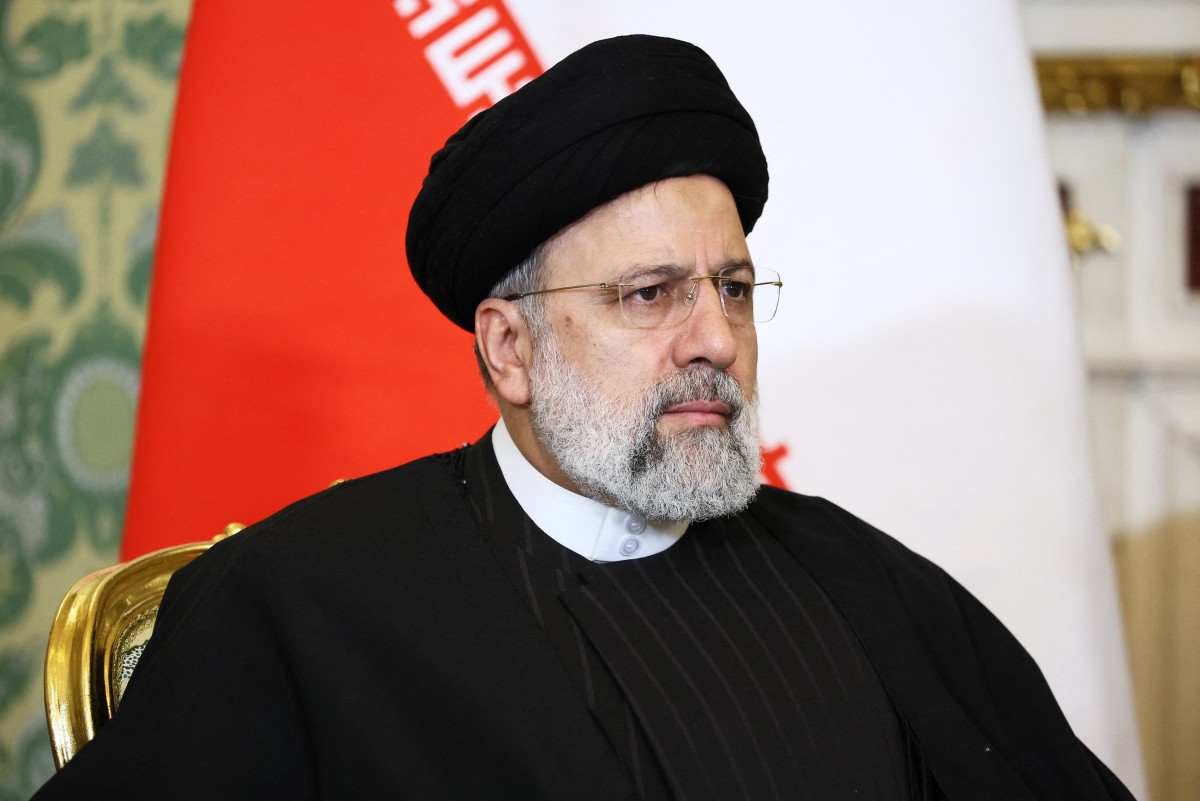Tehran, Iran – Iran said on Saturday that attempting to revive its landmark nuclear deal with world powers that was effectively scrapped by former US president Donald Trump was increasingly “useless”.
“Today, the more we advance, the more the JCPOA becomes useless,” Foreign Minister Hossein Amir-Abdollahian said in a speech to students at the University of Tehran, using the initials of the official name of the nuclear deal.
In 2015, Iran agreed to curbs on its nuclear program in exchange for a lifting of sanctions.
But while the deal was signed with several world powers — including China, Russia, Britain, France and Germany — it was rendered effectively useless when the United States unilaterally withdrew under Trump in 2018.
With the US reimposing sanctions, international banks and businesses have stayed away from Iran for fear of falling foul of US regulators.
Tentative efforts to revive the deal by Trump’s successor, Joe Biden, have been at a standstill since mid-2022.
“Because (Iran’s) red lines have sometimes been ignored by the other side, we are not currently on the path to return to the agreement,” Amir-Abdollahian said.
“Of course, this does not mean that we have set the agreement aside. If the agreement serves our interests, (we will accept it) with all its flaws,” he added.
The director general of the International Atomic Energy Agency (IAEA), Rafael Grossi, called in October on the international community not to fail in Iran as it did in North Korea, which now has nuclear weapons.
Iran says its nuclear program is entirely peaceful, but since 2021 the UN body has struggled to monitor the development of its capabilities.









